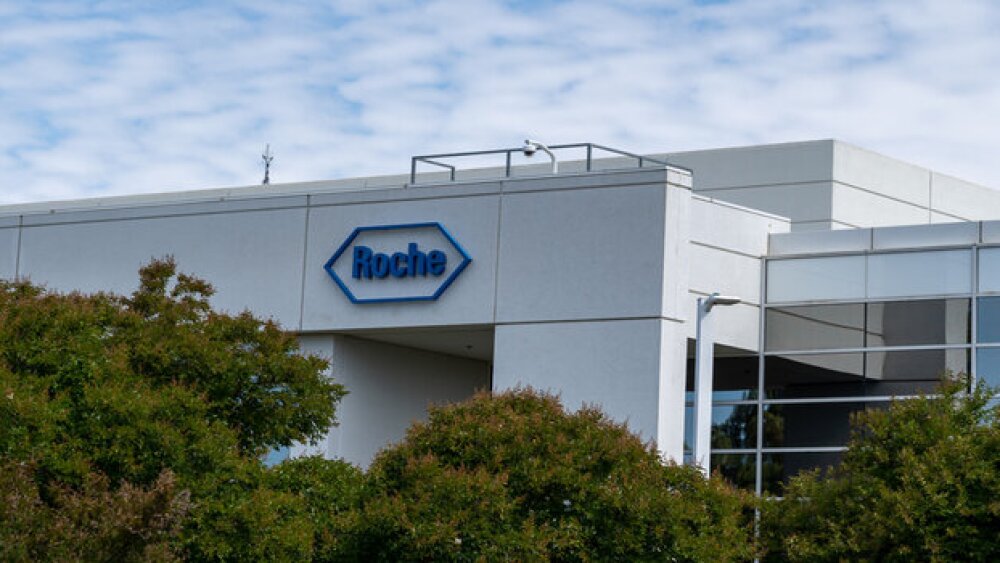ALISO VIEJO, Calif., Sept. 14 /PRNewswire-FirstCall/ -- AVANIR Pharmaceuticals, Inc. (Nasdaq: AVNR) today announced the electronic publication of the results of the pivotal Phase III STAR trial of its investigational drug AVP-923 (dextromethorphan/quinidine) in the Annals of Neurology. The publication entitled "Dextromethorphan Plus Ultra-Low-Dose Quinidine Reduces Pseudobulbar Affect" evaluated two low dose formulations compared to placebo in the treatment of pseudobulbar affect (PBA) in patients with underlying amyotrophic lateral sclerosis (ALS) or multiple sclerosis (MS). PBA is a neurologic condition characterized by involuntary, unpredictable and disruptive outbursts of laughing or crying in patients with certain underlying neurologic diseases or injuries.
"Outbursts of crying or laughter at inappropriate times can have a severe impact on patients," said study author Erik P. Pioro, MD, PhD, FRCPC, Director of the Section for ALS and Related Disorders at the Cleveland Clinic in Cleveland, Ohio. "In the STAR trial, both doses of AVP-923 markedly reduced the frequency and severity of PBA episodes with satisfactory safety and tolerability. The findings expand the clinical evidence that AVP-923 may someday be an important treatment option for neurologic patients suffering from PBA."
"There are a significant number of patients in the U.S. currently untreated and suffering from sudden and disruptive episodes of PBA. We are honored that the STAR trial results have been published in such a prominent journal. It is indicative of the importance of the data and degree of unmet medical need among patients with PBA," stated Randall Kaye, MD, Chief Medical Officer, AVANIR Pharmaceuticals.
STAR (Safety, Tolerability and Efficacy Results of AVP-923 in PBA), a randomized, blinded, controlled, multicenter Phase III trial in patients with PBA, compared active treatment with AVP-923 30/10 mg BID or 20/10 mg BID to placebo over 12 weeks, followed by a 12-week, open-label safety extension study. At the conclusion of enrollment, 326 patients were enrolled (197 with underlying ALS and 129 with underlying MS) who exhibited signs and symptoms of PBA.
Please visit the Annals of Neurology website at http://onlinelibrary.wiley.com/journal/10.1002/(ISSN)1531-8249/earlyview to read the authors' interpretation and conclusions of the Phase III STAR trial clinical data.
ABOUT PBA
Patients suffering from serious neurologic disease or brain injury may also suffer the added burden of pseudobulbar affect (PBA). PBA is a neurologic condition caused by underlying structural damage in the brain which triggers involuntary, unpredictable and disruptive outbursts of laughing or crying.
The etiology of PBA is not completely understood but the symptoms of PBA are similar across neurologic patient populations. PBA is estimated to occur in 49% of patients with ALS, in 10% of patients with MS, in 11% of patients 1 year after suffering a stroke, and in 11% of patients after a traumatic brain injury. Currently, there are no treatments approved by the U.S. Food and Drug Administration (FDA) for PBA. For more information about PBA, please visit www.PBAinfo.org.
ABOUT AVP-923
AVP-923 (dextromethorphan/quinidine) is a novel combination of two well-characterized compounds: the therapeutically active ingredient dextromethorphan and the enzyme inhibitor quinidine, which serves to increase the bioavailability of dextromethorphan.
ABOUT AVANIR
AVANIR Pharmaceuticals, Inc. is a biopharmaceutical company focused on bringing innovative medicines to patients with central nervous system disorders of high unmet medical need. As part of our commitment, we have extensively invested in our pipeline and are dedicated to advancing medicines that can substantially improve the lives of patients and their loved ones. For more information about AVANIR, please visit www.avanir.com.
FORWARD LOOKING STATEMENTS
Statements in this press release that are not historical facts, including statements that are preceded by, followed by, or that include such words as "estimate," "intend," "anticipate," "believe," "plan," "goal," "expect," "project," or similar statements, may be forward-looking statements that are subject to certain risks and uncertainties that could cause actual results to differ materially from the future results expressed or implied by such statements. These statements include, but are not limited to, a discussion of the safety and efficacy of AVP-923, that AVP-923 may someday be an important treatment option for neurologic patients suffering from PBA and any statements that relate to the intent, belief, plans, abilities, or expectations of our company or our management, or that are not a statement of historical fact. Risks and uncertainties that could cause actual results to differ include the possibility that AVP- 923 may not receive approval from the FDA in a timely manner or at all, the possibility that AVP-923, if approved, may not succeed commercially, our limited capital resources, and other risks that are described in further detail in our most recent Annual Report on Form 10-K and subsequent Quarterly Reports on Form 10-Q, and from time-to time in other publicly available information regarding the Company. Copies of this information are available from us upon request. We disclaim any intent to update these forward-looking statements.
SOURCE AVANIR Pharmaceuticals, Inc.




